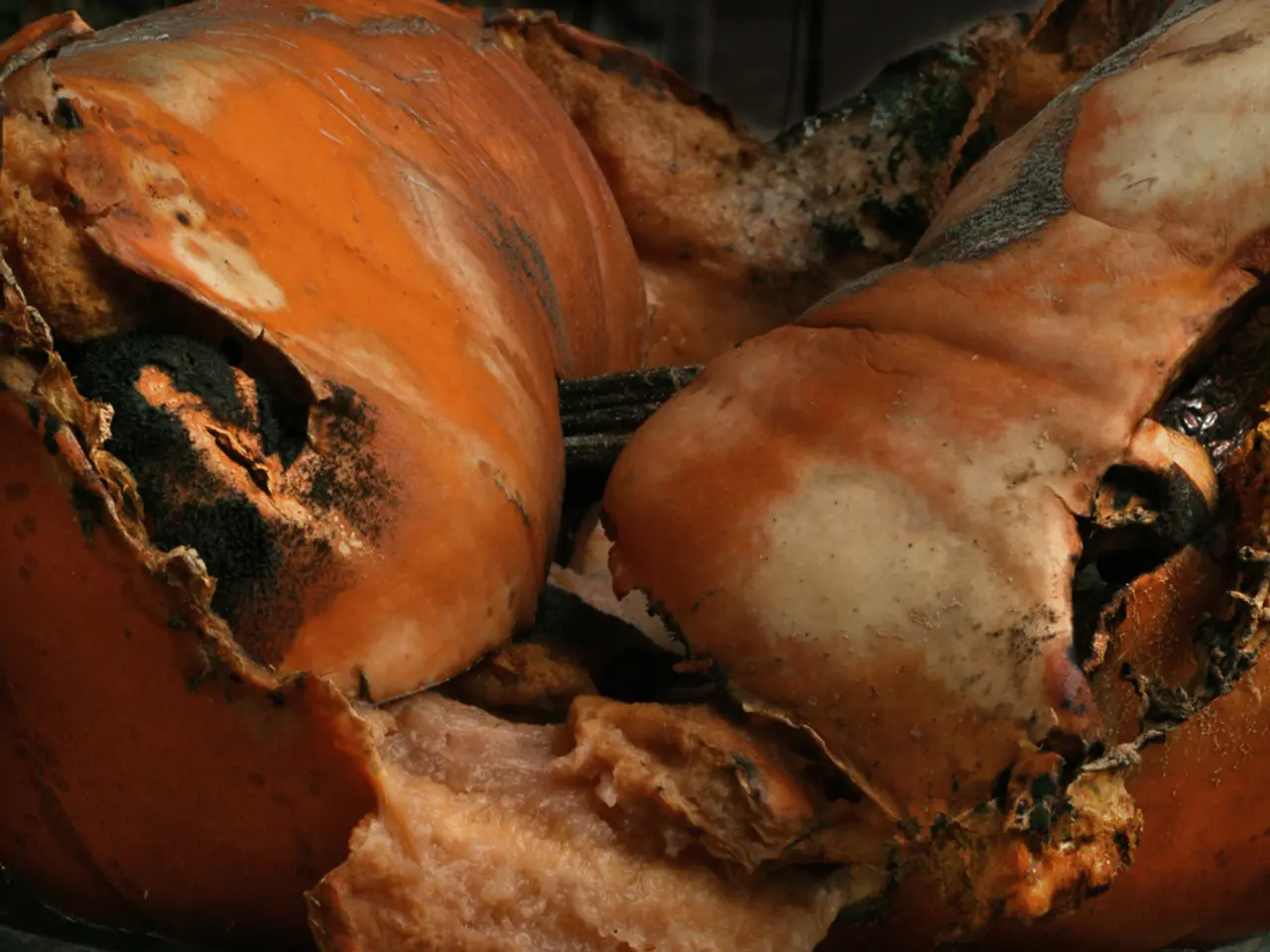A Grim Turn in French Town: Shiga Toxin-Producing E. coli Outbreak among Children Claims a Life, Forces Butcher Shops Closure
Butchers in France shut down following string of childhood illnesses
Hang tight, folks! We're diving into some serious stuff here. A string of severe cases among children in the picturesque town of Saint-Quentin, France, has made headlines. One 12-year-old girl has sadly succumbed to the illness, and officials are blaming a specific bacterial contamination.
The drama unfolded when several children aged between 1 to 12 years old fell ill with various gastrointestinal symptoms, including diarrhea. The louder the alarm bells rang, the more apparent it became that this wasn’t your everyday tummy upset. In the span of just a few days, five of these kids developed a rare and potentially life-threatening condition called hemolytic uremic syndrome (HUS).
HUS is a serious complication that often occurs in children as a result of a bacterial infection of the gut. It leads to the formation of blood clots that can block the brain, heart, and kidneys[2][5]. According to recent estimates, only 100 to 165 cases of children with HUS are documented in France each year[4].
The authorities swung into action, closing two butcher shops in Saint-Quentin as a preventive measure. Investigations revealed that most of the affected children had consumed meat from these very shops[1]. The prefecture urged the local population to avoid consuming meat products from the closed butcher shops until laboratory tests definitively identified the cause of the illnesses[1].
As the investigation unfolded, it was discovered that this particular outbreak was caused by a Shiga toxin-producing Escherichia coli (E. coli) infection[2][5]. These types of E. coli strains are notorious for causing severe disease and HUS[3]. Considering the severity of the infections and the fatalities, it was essential to identify the source of contamination.
Several butcher shops saw meat products, marinades, and spices seized for laboratory testing, as the search for the contamination source continued[5]. The exact origin of the contamination remains unconfirmed, but it is suspected to be linked to the contaminated meat products rather than the tap water supply[2][5].
Here's some background info: French health authorities revealed that distinct households did not all share meals or venues, making it complicated to trace the source of the contamination[2][5].
In sum, this E. coli outbreak in the Saint-Quentin area of France has claimed one life and hospitalized at least five children due to HUS[1][2][3][5]. The investigation into the source of the contamination is still ongoing and we'll keep you updated as more information becomes available.
[1] ntv.de, als/dpa[2] European Centre for Disease Prevention and Control (ECDC)[3] Centers for Disease Control and Prevention (CDC)[4] French Ministry of Health[5] French Public Health Agency (Santé Publique France)
- To prevent further outbreaks, the community policy in Saint-Quentin urges citizens to be cautious about their food-and-drink choices, particularly meat products, while awaiting laboratory results on the contamination source.
- The dramatic outbreak of Shiga toxin-producing E. coli in Saint-Quentin of France also highlights the importance of proper vocational training for meat handlers in adhering to health-and-wellness standards to prevent such incidents.
- As officials continue to investigate the origins of the contamination, the focus on nutrition and its role in maintaining a healthy lifestyle remains essential for the overall safety and well-being of the community, especially vulnerable groups like children.







